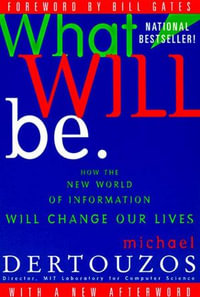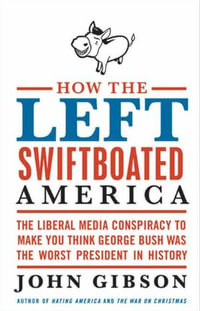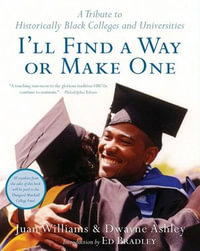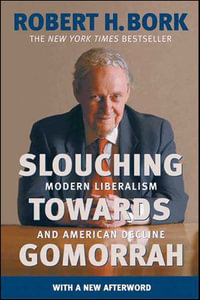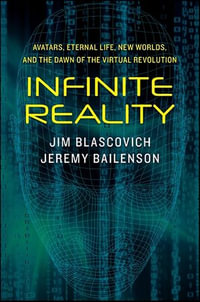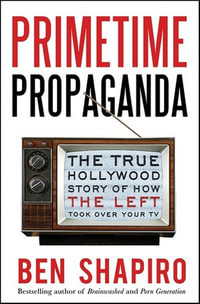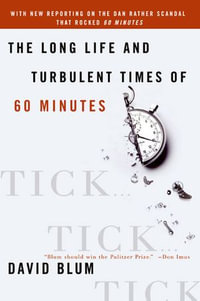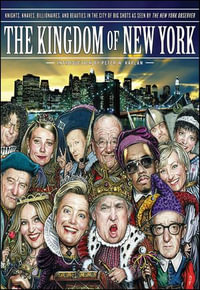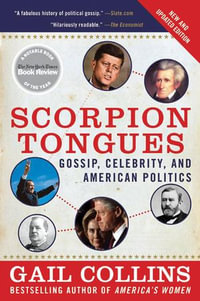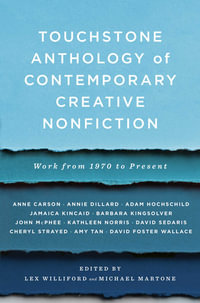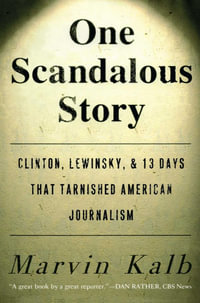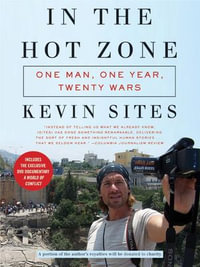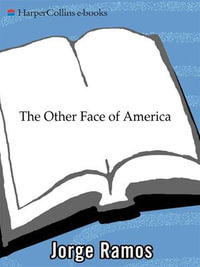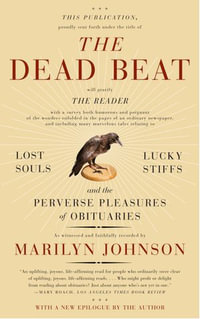Booktopia has been placed into Voluntary Administration. Orders have been temporarily suspended, whilst the process for the recapitalisation of Booktopia and/or sale of its business is completed, following which services may be re-established. All enquiries from creditors, including customers with outstanding gift cards and orders and placed prior to 3 July 2024, please visit https://www.mcgrathnicol.com/creditors/booktopia-group/

Mourning Diana
Nation, Culture and the Performance of Grief
By: Adrian Kear (Editor), Deborah Lynn Steinberg (Editor)
eBook | 22 January 2002 | Edition Number 1
At a Glance
eBook
$73.99
Instant Digital Delivery to your Booktopia Reader App
ISBN: 9781134650408
ISBN-10: 113465040X
Published: 22nd January 2002
Format: ePUB
Language: English
Number of Pages: 232
Publisher: Taylor & Francis
Edition Number: 1
You Can Find This eBook In
This product is categorised by
- Non-FictionHistoryRegional & National HistoryEuropean HistoryBritish & Irish History
- Non-FictionFamily & HealthCoping with / Advice about Personal, Social & Health TopicsCoping with / Advice about Death & Bereavement
- Non-FictionSociology & AnthropologySociologySociology & Customs & Traditions
- Non-FictionSociety & CultureMedia Studies
- Non-FictionMedicineMedicine in GeneralPublic Health & Preventive MedicinePersonal & Public Health / Health Education
- Non-FictionSociety & CultureCultural Studies
- Non-FictionSociology & AnthropologyAnthropologySocial & Cultural Anthropology, Ethnography





